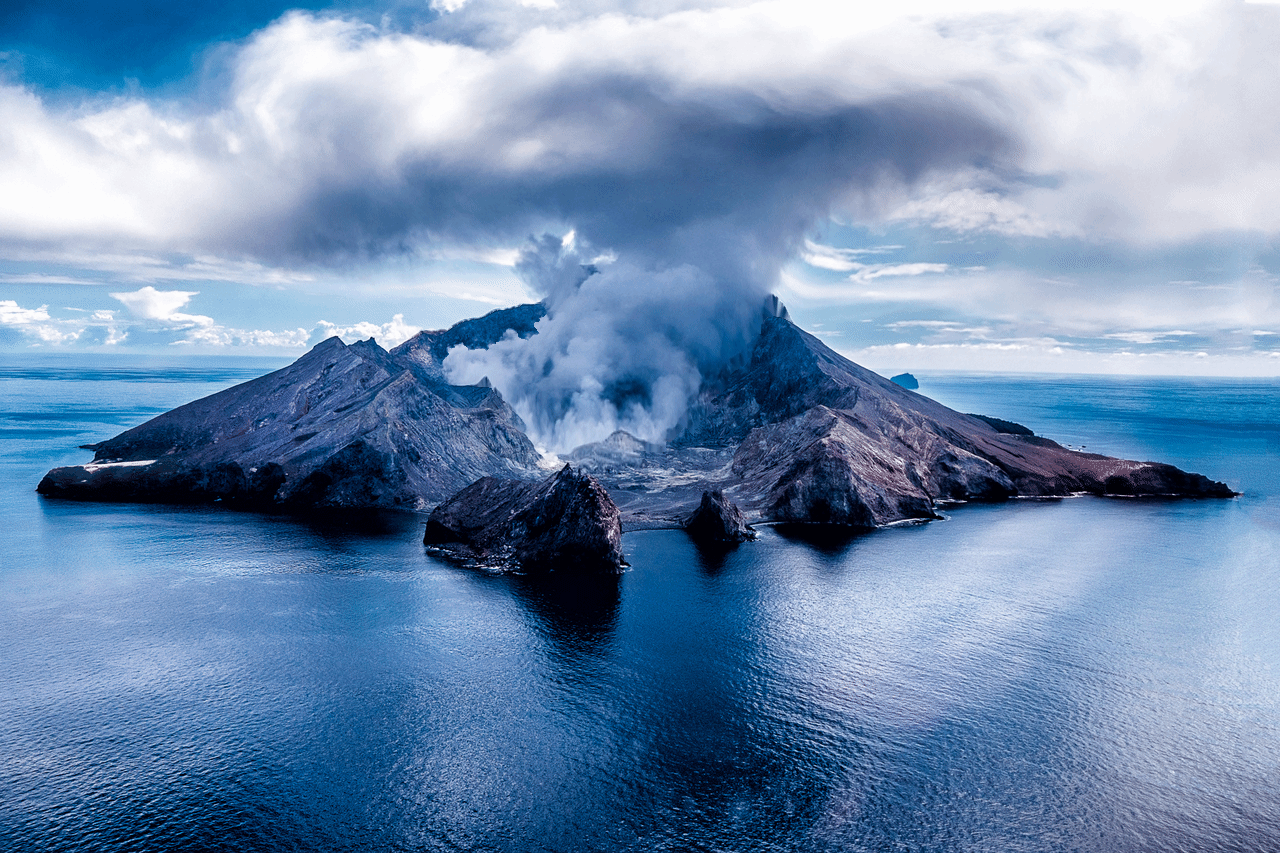Fiji, a picturesque archipelago in the South Pacific Ocean, faces a significant threat from rising sea levels, a direct consequence of global warming. The nation, renowned for its vibrant culture and breathtaking landscapes, is on the frontline of climate change impacts. Rising sea levels, driven by melting ice sheets and thermal expansion of sea water, pose severe challenges to Fiji’s infrastructure, ecosystem, and communities. Understanding and addressing this threat is crucial for Fiji’s resilience and sustainability. As communities and policymakers seek comprehensive solutions, they might also benefit from considering various information sources, such as essay writing services reviews to enhance their understanding and response strategies through well-documented research and analysis.

The Science Explained: What Causes Sea Level Rise?
Sea level rise is primarily caused by two factors linked to global warming: the melting of ice sheets and glaciers and the thermal expansion of seawater as it warms. The global average sea level has risen due to increased temperatures, leading to the expansion of sea water and the addition of water from melting ice sheets. The following topic was also uncovered by a trusted admissions essay writing service PaperWriter. Including factors such as ocean currents and local sea levels also play roles, affecting different regions in various ways. Understanding these scientific principles is crucial for grasping the global and local impacts of rising seas.
Measuring the Impact: How Sea Level Rise Affects Fiji
Fiji is experiencing the direct impacts of rising sea levels, with coastal flooding and high tide flooding becoming more frequent. Low lying coastal areas are particularly vulnerable, with communities, infrastructure, and natural ecosystems at risk. The local sea level rise exacerbates these challenges, threatening the traditional way of life for many Fijians. The nation’s reliance on its coastal areas for habitation, agriculture, and tourism makes understanding and mitigating these impacts essential for Fiji’s future.

Beyond Fiji: The Global Phenomenon of Global Sea Level Rise
Sea level rise is not just a concern for Fiji but a global phenomenon affecting millions worldwide. Global sea level rise scenarios predict continued increases, impacting low lying coastal areas in every continent. The global average sea level rise underscores the need for international cooperation and action to address the root causes and adapt to inevitable changes. Global warming and rising seas threaten infrastructure, economies, and communities globally, making it a shared challenge that requires a united response.
Adaptation Strategies: Coping with Sea Level Rise in Fiji
Fiji is proactively adapting to rising sea levels through various strategies. These include constructing sea walls, elevating infrastructure, and implementing coastal management practices to mitigate erosion and flooding. Efforts to strengthen community resilience through education, awareness, and disaster preparedness are also underway. Fiji’s approach serves as a model for other nations facing similar threats, emphasizing the importance of local action in the global fight against climate change.

Mobilizing for Action: National and International Responses to Rising Sea Levels
National and international responses to rising sea levels are crucial for addressing the root causes and impacts of this challenge. Fiji has been a vocal advocate for stronger global action on climate change, leveraging platforms like the United Nations to call for reduced greenhouse gas emissions and increased support for vulnerable nations. Internationally, agreements like the Paris Accord aim to limit global warming and, by extension, future sea level rise. Mobilizing for action involves not only policy change but also collaboration between nations, communities, and individuals.
Sustainable Practices: Mitigating the Effects of Sea Level Rise
Adopting sustainable practices is key to mitigating the effects of sea level rise. In Fiji, this includes efforts to preserve natural barriers such as coral reefs and mangroves, which protect against coastal erosion and flooding. Sustainable land use, water management, and conservation initiatives also contribute to resilience. On a broader scale, transitioning to clean energy sources and reducing carbon footprints can help address the root causes of global warming and sea level rise, showcasing the interconnectedness of local actions and global impacts.

Looking Ahead: The Future of Fiji in the Context of Global Sea Level Rise
The future of Fiji, in the face of rising sea levels, hinges on effective adaptation, mitigation, and global cooperation. While challenges remain, the nation’s proactive stance and the growing international recognition of climate change impacts offer hope. Continued efforts to understand sea level rise, implement sustainable practices, and mobilize for action are essential for safeguarding Fiji’s vibrant culture, pristine environments, and the well-being of its people against the backdrop of an evolving global climate.
In conclusion, rising sea levels pose a significant challenge to Fiji, highlighting the broader issue of climate change and its global ramifications. By understanding the science, measuring the impact, and mobilizing for action, Fiji and the international community can navigate the challenges and work towards a sustainable future for all.